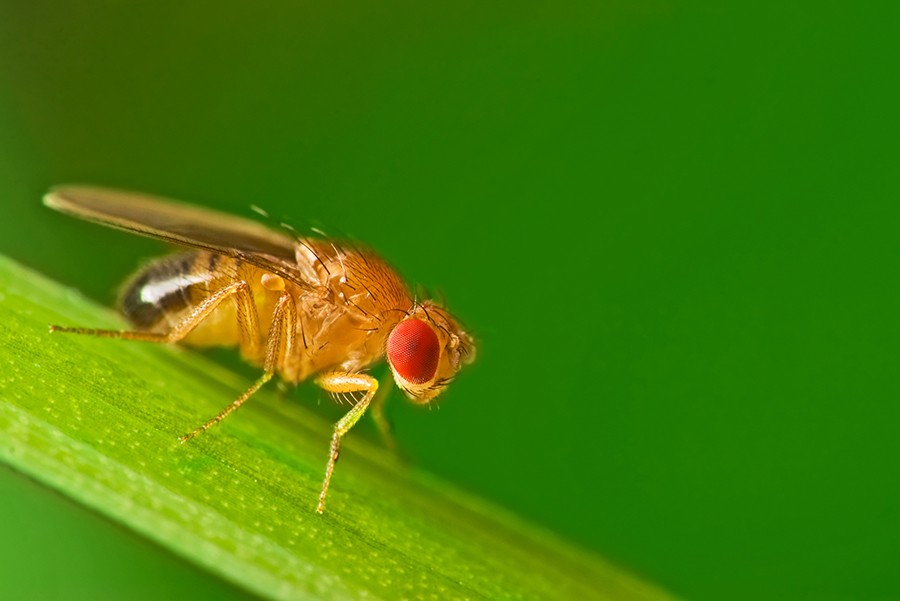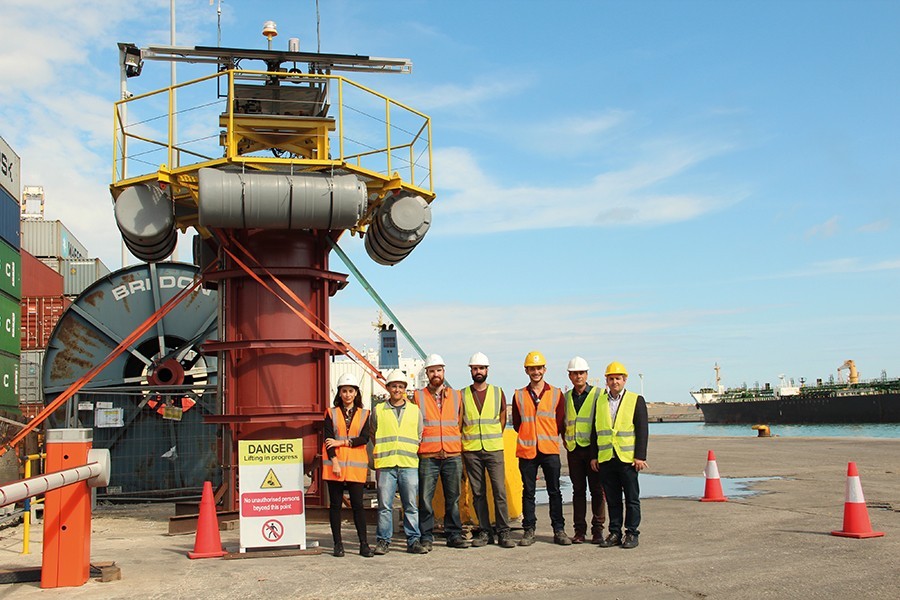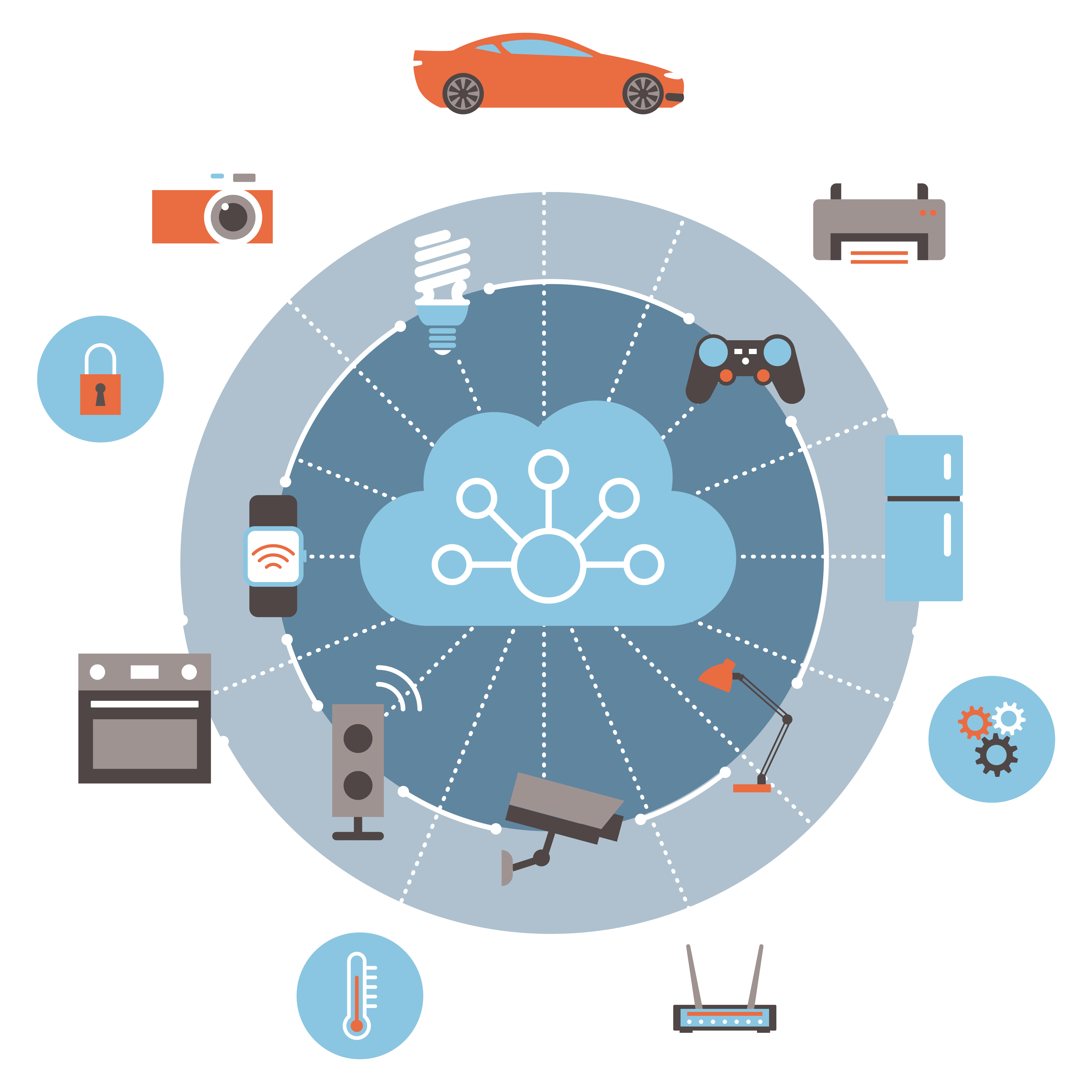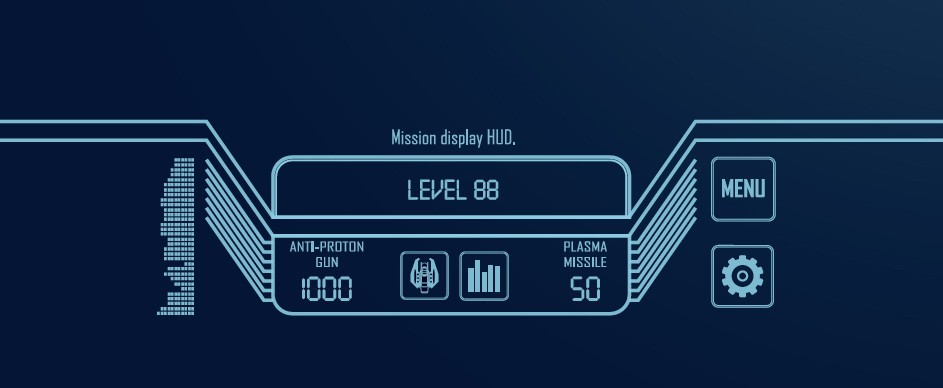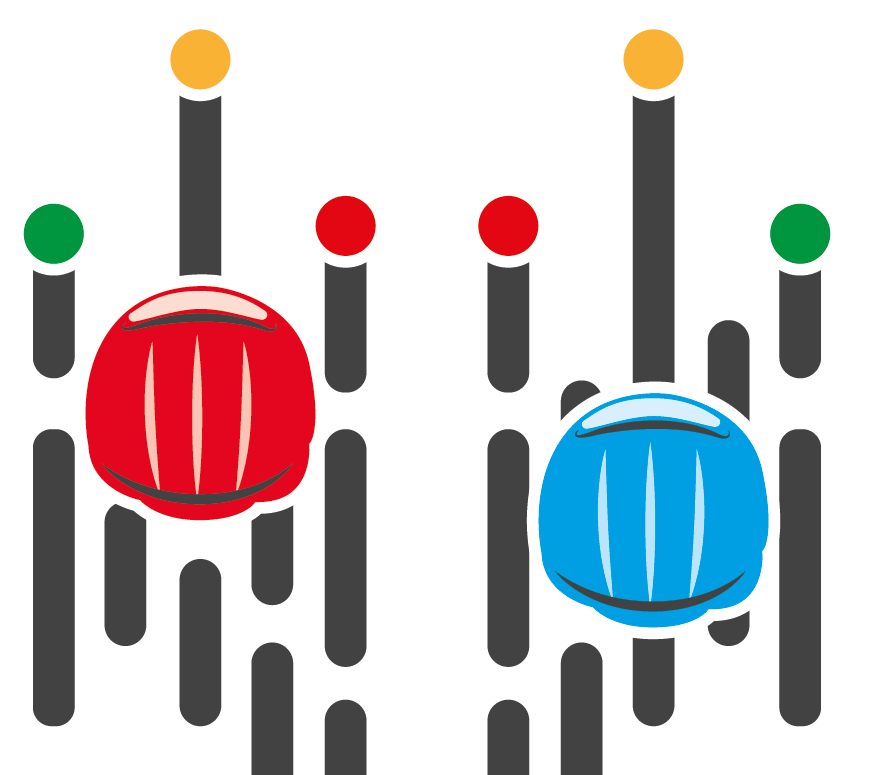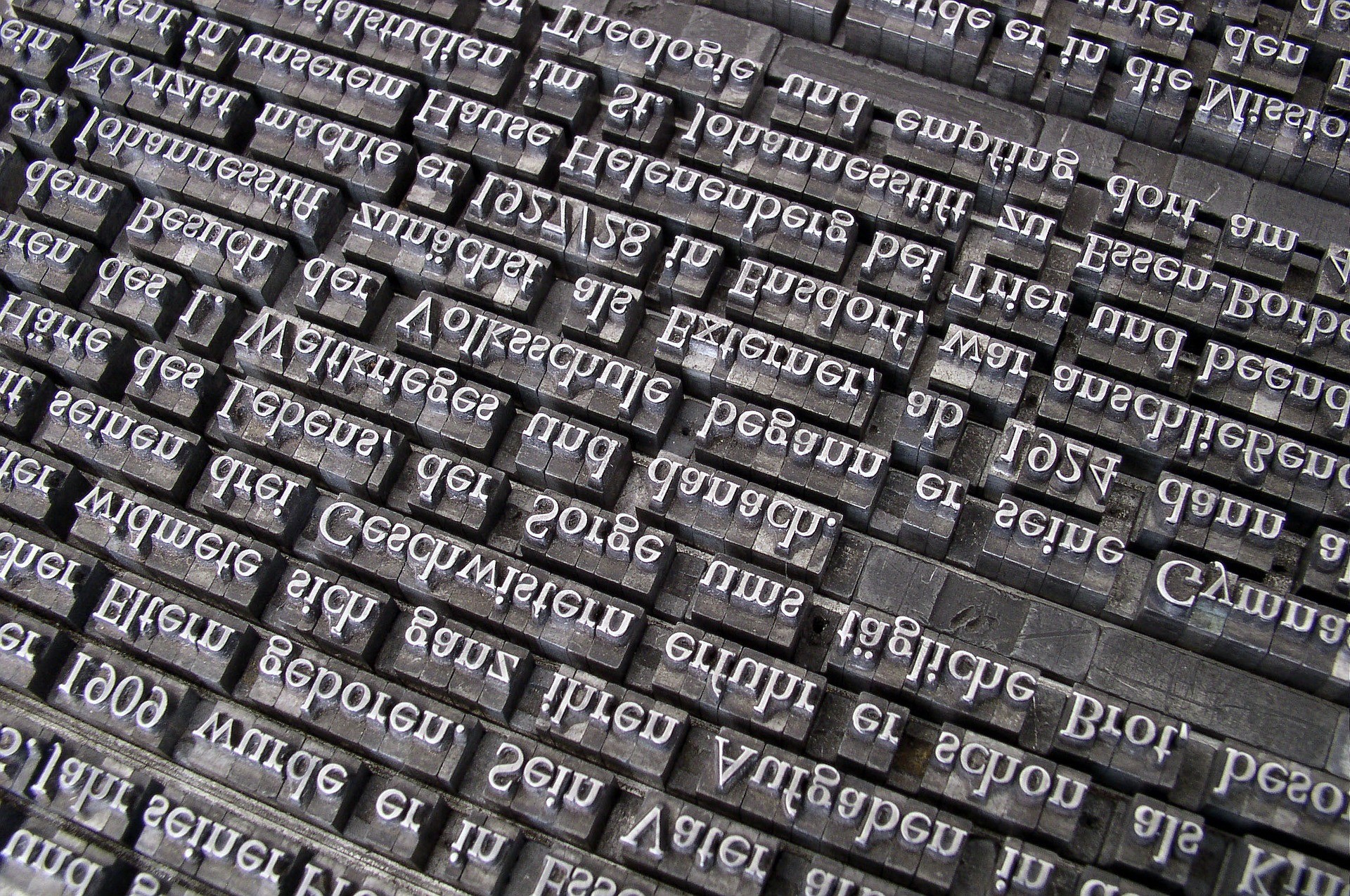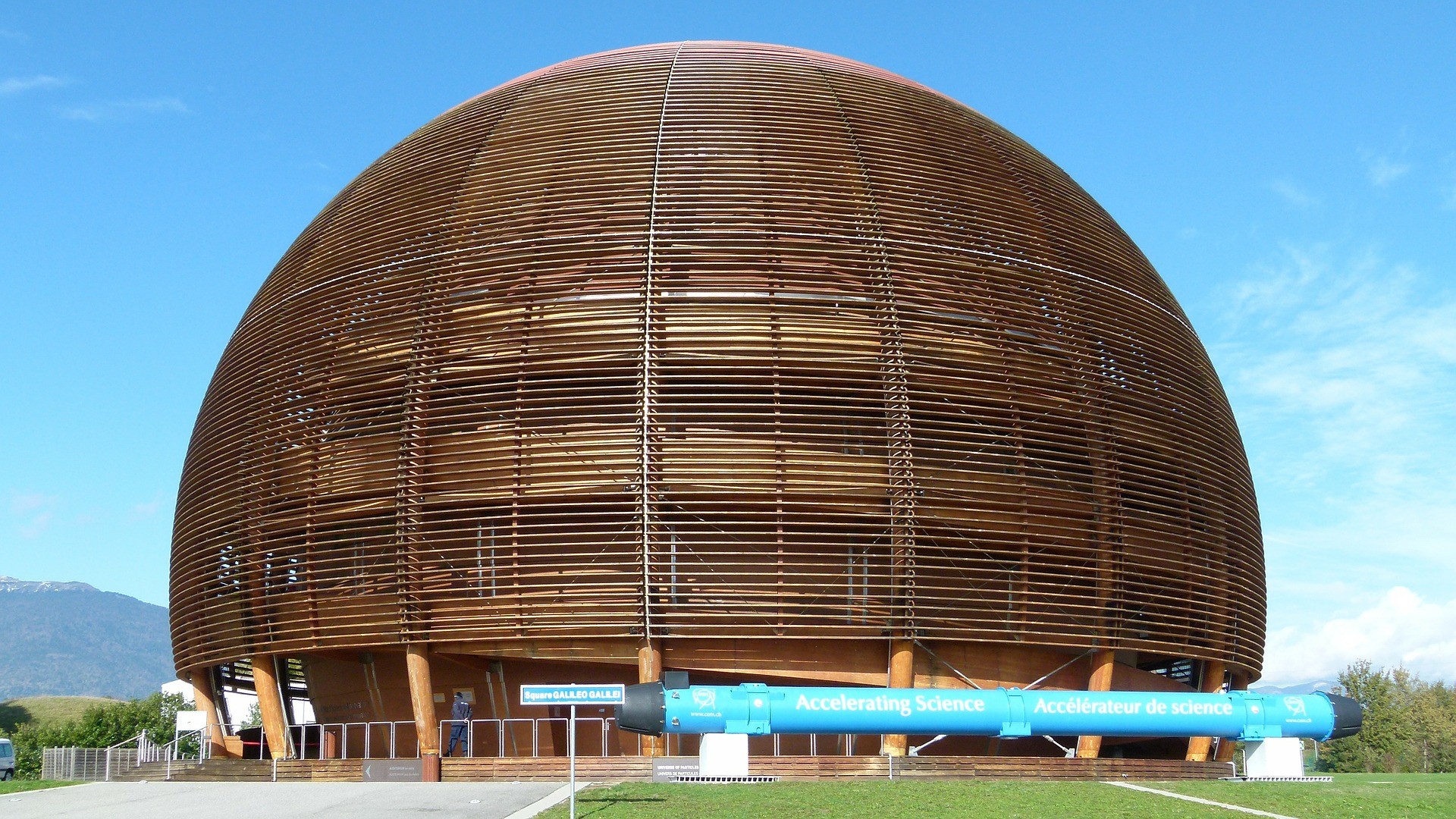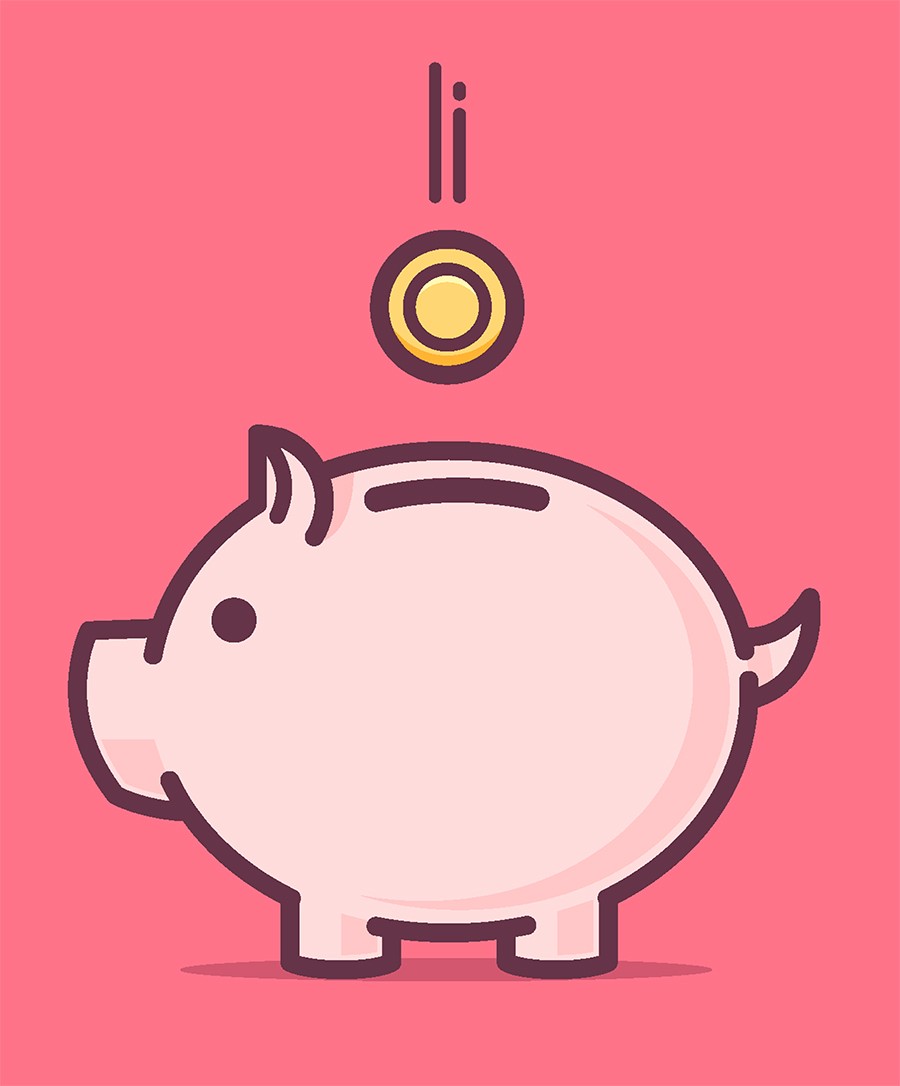Reliable renewables need storage
Renewable resources cannot be implemented if the energy they generate cannot be stored. Daniel Buhagiar explains the solution they’re cooking up at the University of Malta.
Wandering Free
A new study is trying to help people with dementia become more independent, via devices that use complex algorithms to recognise human activities. Simultaneously, their carers will receive unique insights into the condition. Here, Iggy Fenech chats to Dr Conrad Attard to understand how pervasive electronic monitoring works and what impact it is having.
Smart search for Maltese legal professionals
Cassi Camilleri talks to Dr Albert Gatt and Prof. Gordon J. Pace about their efforts to make life easier for legal professionals across the island by digitising Maltese law through an app called Assiduity.
Game against the machine
Artificial Intelligence is being trained to make weapons and predict the outcome of battles. But fear not—there is no nefarious purpose behind this work at The Institute of Digital Games; the research intends to make games more balanced and enjoyable.
EasyPeasyCoding: giving kids a head start
In today’s plugged-in world, kids need to think critically and learn basic coding. Cassi Camilleri speaks to Headstart founder Klaus Conrad about his mission to give children the leg up they need to learn these key skills.
Compiling the first Maltese-to-Maltese Thematic Thesaurus
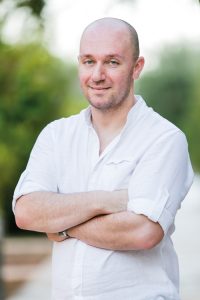
Think of a chubby guy you know. It’s been awhile since I read J.K. Rowling’s books but the image of Harry Potter’s Uncle, Vernon Dursley, just popped into my mind. OK. Now how would you describe him in Maltese? Would you use imbaċċaċ or qawwi? Would you choose kbir, tqil, goff or matnazz? Or maybe you’re given to more flowery language and would instead go for qisu l-vara l-kbira, donnu katuba or qisu ħanżir imsemmen? If these nine expressions all happen to have a place in your vocabulary, then you’re on the right track. Before I started my research, I didn’t know there were at least 37 alternatives you could consider before reverting to the default oħxon!
The main aim of my work over the last three years—Il-Kompilazzjoni ta’ teżawru tematiku Malti dwar in-natura tal-bniedem u r-relazzjonijiet soċjali tiegħu, supervised by Prof. Manwel Mifsud—has been to compile a Maltese-to-Maltese thematic thesaurus. This would not only help users find alternatives to the words and phrases they already know, but also to act as a ‘word prompter’ that would enable people to better express themselves when a specific word eludes them.
To help people speak or write better in Maltese, this thesaurus is not structured alphabetically, but rather has a thematic macrostructure. The six themes it covers are: 1. Il-familja u l-ħbieb (family and friends); 2. Il-ġisem u l-kura tiegħu (the body and its care); 3. Id-deskrizzjoni fiżika (physical description); 4. Id-deskrizzjoni tal-karattru (character description); 5. Is-sentimenti u l-emozzjonijiet (sentiments and emotions); and 6. Il-fażijiet tal-ħajja (life’s phases). Each theme is further organised into sub-themes, allowing users to drill down to the headword they need, a sentence that illustrates its use, and a group of synonyms, tagged whenever necessary to indicate archaic words or idioms among other examples.
Even if the advantages of using a thematic thesaurus outweigh those of using an alphabetically organised one, I kept renowned lexicographer Sidney I. Landau’s position in mind: ‘Alphabet is the only sure way of arranging words.’ Consequently, I gave the user a back entry to this thematic thesaurus through an exhaustive alphabetic index that includes around 12,000 entries.
The thesaurus will be published by Merlin Publishers, and we also want to make it available online to encourage widespread use.
Author: Dwayne Ellul
This research was carried out as part of M.A. in Maltese, Faculty of Arts, University of Malta.
Borderline
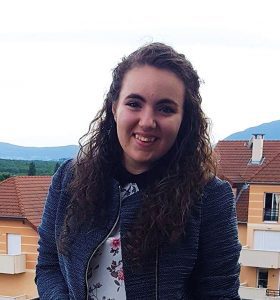

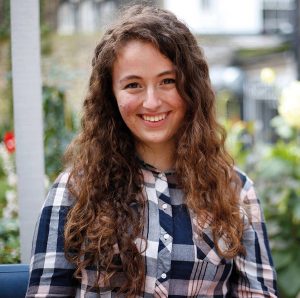
At the European Organization for Nuclear Research (CERN), an army of researchers from around the world are studying the very structure of our universe, starting from the very basic constituents of matter: the fundamental particles.
CERN has some of the largest laboratories in the world, boasting cutting-edge purpose-built instruments like particle accelerators and detectors. It therefore comes as no surprise that, when lecturers from the G. F. Abela Junior College’s Physics Department announced they were organising a visit, all the positions available were quickly snapped up.
There was a recurring theme present throughout our CERN experience: ‘borders’. During our stay, we crossed the Franco-Swiss border several times from our lodgings in France to CERN in Switzerland. Coming from a small islandstate, where any inter-country travel requires a plane or boat ticket, it was a little surreal being able to put our passports away and walk to Switzerland.
The visit helped us reflect on the boundaries we create when trying to study how nature works. We compartmentalise topics into physics, chemistry, or biology, when really these topics are all one large subject seen from different viewpoints. This was most evident in the permanent exhibitions at CERN that touched on topics including atomic structure, PET scans, and the development of computer technology at CERN. There were no borders between the different subjects we studied in different departments back at Junior College.
During this amazing week, we experienced tours of the facility using CERN’s own transport. Many of the researchers use bicycles, taking advantage of all the green areas. We saw dedicated individuals working together for the good of the world, no matter their colour or creed. They overcame yet another border: a cultural one. Their mission is simply to produce outstanding work that will help us understand the universe around us.
The trip opened our eyes in many ways. As a group, we learnt together and supported one another when needed. We shared ideas. Discussed. We were our own mini-unit. With an understanding of this dynamic and all the fields involved, some of us have even been inspired to add a new goal to our list: join the team at CERN.
Authors: Maria Victoria Vella, Josephine Vella and Karen Muscat
This visit was made possible thanks to our sponsors: Liquigas Malta Ltd, Mizzi Motors, and Buzzer Stationers & Publishers. We wish to thank our lecturers for organising the experience, namely Ms. M. Soler, Ms. A. Vella, Mr. C. Busuttil, Ms. L. Bonello, and Ms. E. Bugeja.
Playing with Fire
Climate change is a real threat. The scientific evidence is irrefutable. The problem is that countless talks and rallies calling for action have only pushed things forward at a snail’s pace. Prof. Simone Borg explains why.
Continue reading
The circular economy and Malta
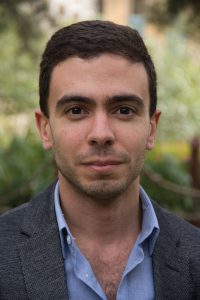
Our globalised economy has generated wealth and prosperity for millions of people around the world. Living standards have been raised to unprecedented levels. But this comes at a cost. The environment has suffered greatly, not only in terms of constant extraction of natural resources, but also at the hands of polluting processes and end-of-pipe waste.
Recognising that economies, and indeed our planet, have finite resources, the circular economy has become a popular concept among policymakers and stakeholders in recent years. The current linear ‘take, make, use, and throw away’ model of production entails substantial value losses and negative effects along the material chain. Because of this, we should ideally be designing and manufacturing products for continuous reuse and recycling, maximising resource efficiency, and minimising leakages and waste.
The appeal of the circular economy lies in its various environmental and economic benefits. Using secondhand materials and waste within business could cut costs, while their sale adds a potential revenue stream. The circular economy also offers new and vast business opportunities in areas such as product eco-design and product/material regeneration, all of which help create high-skilled jobs and investment in new technology.
The idea of the circular economy is particularly relevant to Malta, given its geographical circumstances, high import dependency, and lack of natural resources. Embracing the principles embodied within the circular economy concept would have an immediate positive impact on the environment while benefitting Malta’s long-term economic prospects.
However, we are still at the doorstep of circularity. Malta’s natural resource productivity fell by 7.6% between 2000 and 2015, with increased domestic material consumption outpacing economic growth. Waste management in key sectors like construction remains a major issue.
To encourage the shift from concept to the creation of circular economy business models, the University of Malta is part of the R2Pi Horizon 2020 project. Among other goals, it hopes to identify both market and policy failures that hinder the uptake of such models by business entities across Europe.

